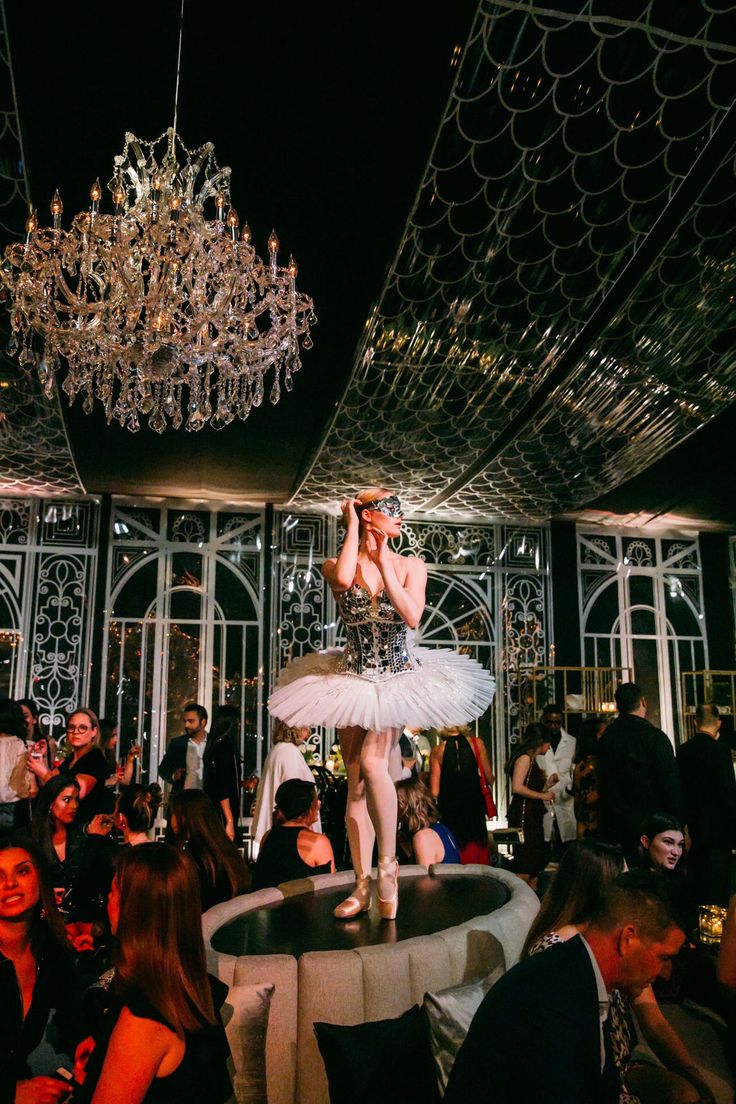At Femme Fatale Media, we understand the critical role that exceptional event staffing plays in bringing your vision to life. As a premier event staffing agency, we specialize in providing top-tier talent that elevates every aspect of your event.
The Psychology Behind Memorable Events

The Psychology Behind Memorable Events
We've all attended events that have left a lasting impression on us—whether it's a groundbreaking product launch, a beautifully choreographed fashion show, or even a meticulously planned wedding. But what is it that makes certain events etched in our memory while others fade away? Delving into the world of psychology can provide intriguing answers.
1. The Power of Emotional Connection
It's a well-documented fact in psychology that we remember emotionally charged events better than neutral ones. Events that evoke strong emotions—whether joy, excitement, surprise, or even sadness—are more likely to be remembered. When designing an event, the aim should be to create moments that tug at the heartstrings.
2. Sensory Stimulation
Our five senses—sight, sound, smell, taste, and touch—are gateways to our memories. A unique combination of sensory experiences, like the mesmerizing visuals of a light show, the distinct scent of a theme-based aroma, or the rhythmic beats of live music, can create an immersive environment that attendees won't easily forget.
3. Novelty and Surprise
Our brains are wired to notice and remember things that stand out or are different. Incorporating elements of surprise or unexpected twists can make your event distinct. Whether it's an unexpected performance, a unique venue, or an innovative theme, novelty grabs attention and sticks in memory.
4. Active Participation
Events where attendees are passive observers can easily become forgettable. However, involving them in the action—whether through interactive sessions, hands-on workshops, or even participatory performances—ensures they are engaged and makes the experience memorable.
5. Personalization
We're more likely to remember events that feel tailored to us. Small gestures like personalized name badges, custom-made giveaways, or experiences catered to attendees' preferences can make a world of difference.
6. Shared Experiences
Human beings are social creatures, and shared experiences are foundational to our psyche. Creating opportunities for attendees to connect, share stories, or collaborate can deepen their event experience. These shared moments often become the stories we recount to others.
7. Narrative Arc
Every memorable event has a story to tell. Designing your event with a clear beginning, middle, and end—with each phase having its own set of emotions and experiences—creates a cohesive narrative that attendees can follow and connect with.
8. Impactful Takeaways
Beyond the immediate experience, providing attendees with valuable takeaways, be it knowledge, skills, or even tangible gifts, ensures that they carry a piece of the event with them, reinforcing the memory.
9. Seamless Execution
A smoothly executed event, where every detail—from registration to conclusion—is handled professionally, reduces distractions and allows attendees to immerse themselves in the experience. On the other hand, logistical hiccups can taint an otherwise great event.
Understanding the psychology behind what makes events memorable allows planners and organizers, including the staffing teams from companies like Femme Fatale Media, to curate experiences that resonate deeply with attendees. By integrating emotional, sensory, and participatory elements, events can transcend from being mere gatherings to unforgettable experiences.




